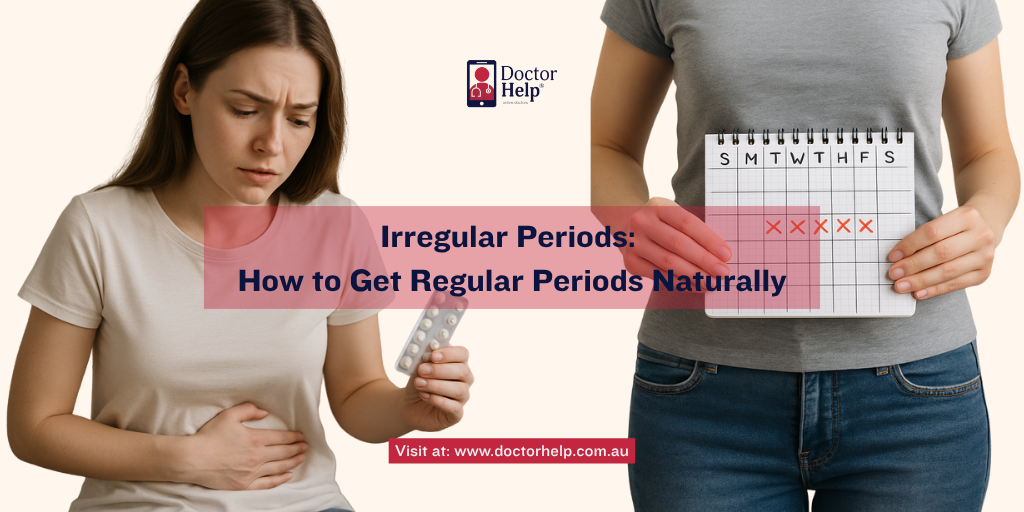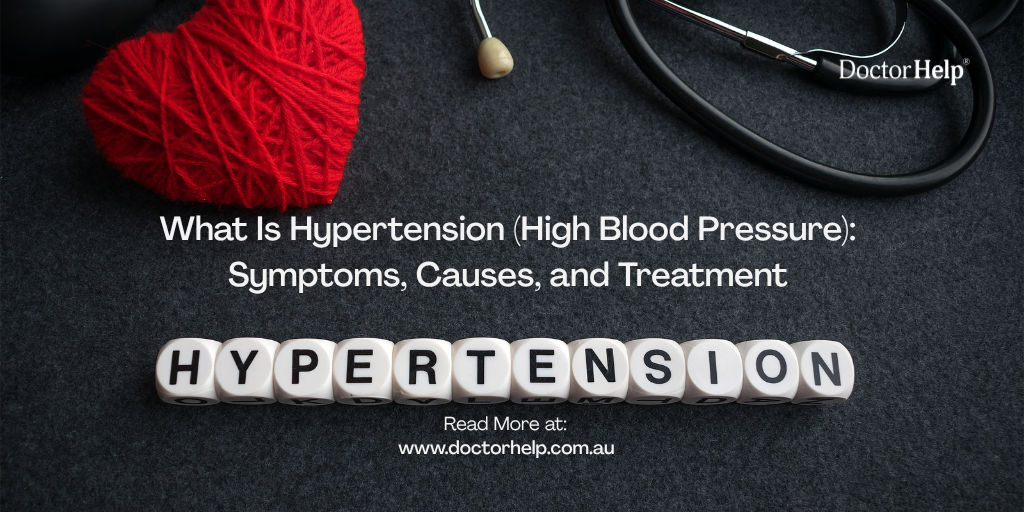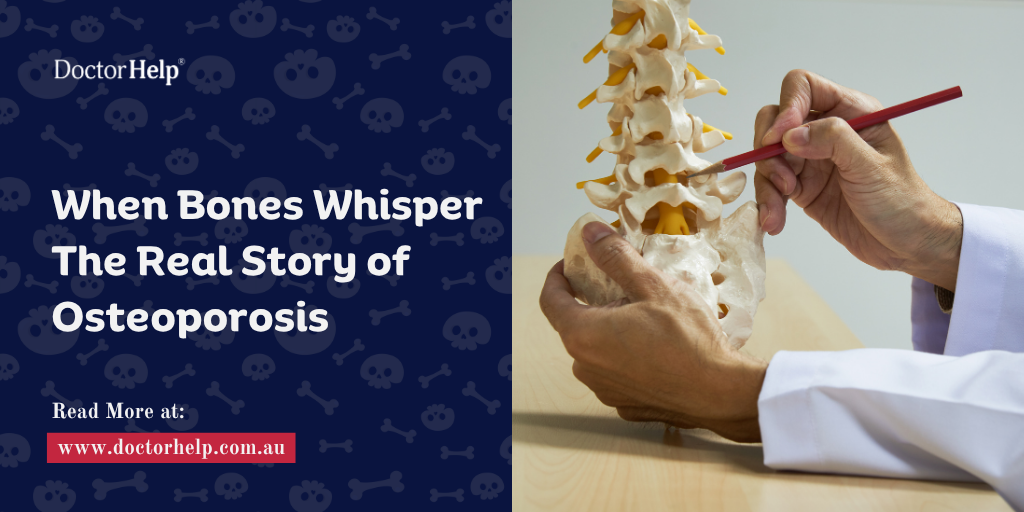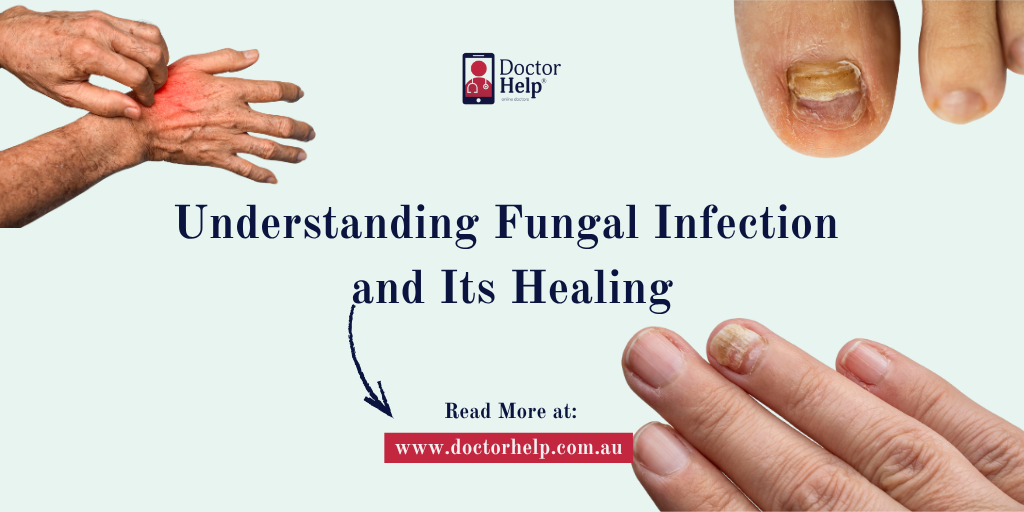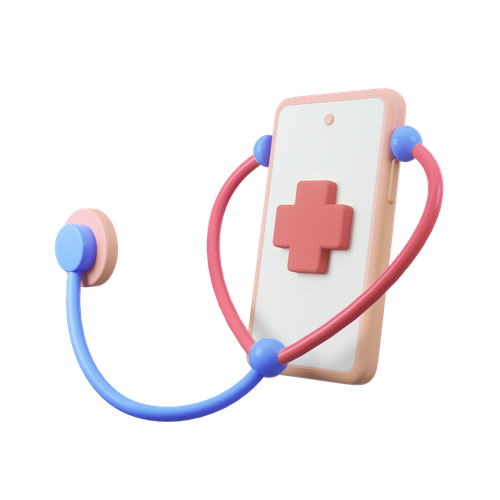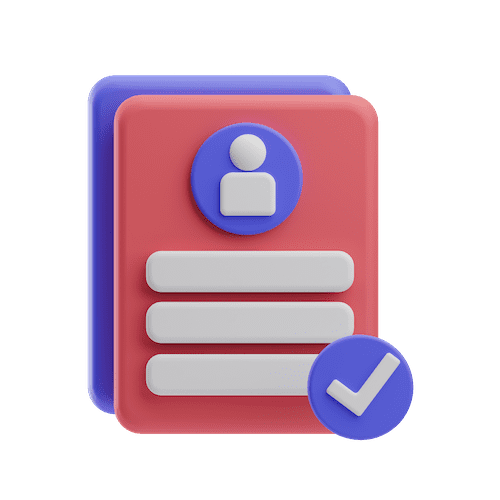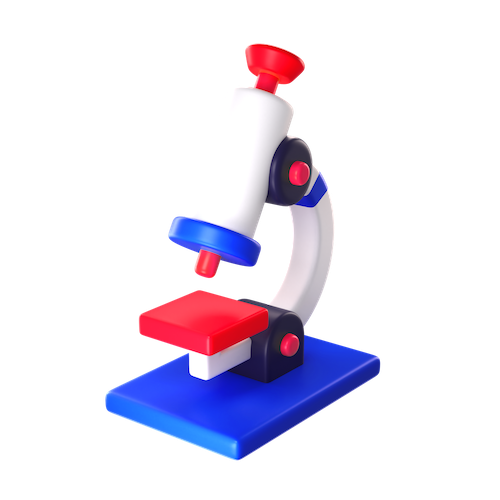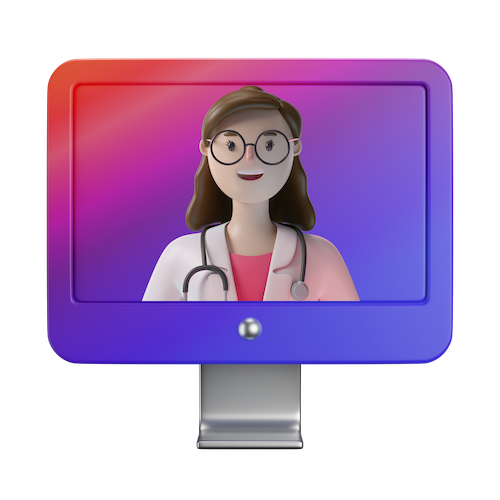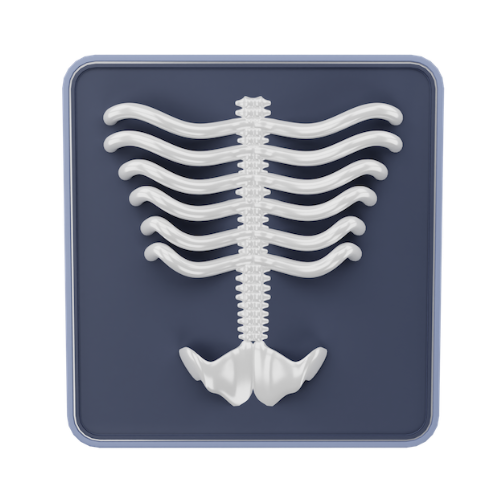Table of Contents
There’s nothing more maddening than not knowing when your period will show up or worse, when it won’t. Whether you’re counting down to a specific date or just feeling stuck without a reason, irregular periods can definitely disrupt your entire daily routine.
But here’s the good news, your body is always talking to you. You only need to know how to listen and most importantly how to be tender with your response, not bossy.
In this guide, we’ll explore how to get your periods going back to normal naturally.
First, What counts as “Irregular”?
Not all missed or delayed periods are cause for alarm. According to HealthDirect Australia, a normal menstrual cycle ranges between 21 and 35 days, and bleeding usually lasts 2 to 7 days. If your period skips around outside this range, changes month to month, or seems to vanish altogether–that’s your cue something’s up.
Why Are My Periods Irregular?
Ah, the million-dollar question. And no–it’s not always about pregnancy. Irregular periods causes vary, the reasons may be:
- Hormonal imbalances (often tied to PCOS or thyroid issues)
- Stress, yes that soul sucking cortisol spiking strain that we all are feeling.
- Sudden weight changes
- Doing too much exercise or not feeding your body well
- Stopping or starting hormonal birth control
- Perimenopause or puberty (teens, we see you!)
And let’s not forget emotional load–grief, anxiety, or burnout can quite literally throw your hormones out of whack.
If you’ve ever thought, “Can stress cause irregular periods?” –the answer is a big yes, and it’s more common than most women realize.
How to Get Regular Periods Naturally (Without Popping Pills)
So how do you actually fix irregular periods naturally? Here’s where we leave the one-size-fits-all recommendations and embrace a wholesome and human-centered approach.
1. Eat Like Your Hormones Matter
Your hormones aren’t just floating around randomly, they’re built from the food you eat. That’s why what’s on your plate matters more than you think.
- Add in iron-rich leafy greens and vitamin B12 from eggs or lean meat.
- Embrace omega-3s from fatty fish like salmon, or go plant-based with flax and walnuts.
- Ditch blood sugar chaos by limiting processed sugar and opting for whole grains.
Nutrition and lifestyle changes play a critical role in regulating menstrual cycles, especially for women managing PCOS.
2. De-Stress or Stay Stuck
You know how we always say “just breathe”? Turns out, it’s not just talk.
Stress steals ovulation, plain and simple. It hits your brain’s hormone centre, the hypothalamus, and throws a spanner in the works. That’s why stress and irregular periods go hand in hand.
Try:
- Yoga poses for irregular periods like Butterfly Pose or Cobra
- Breathing techniques (inhale 4, hold 4, exhale 8)
- Even a daily 10-minute walk while unplugged from your phone
According to a study, mindfulness-based practices reduce cortisol and support menstrual health.
3. Weight & Hormones: A Two-Way Street
Your weight doesn’t define you, but it can affect your cycle.
Being underweight might shut down ovulation, while carrying excess weight can disrupt estrogen balance and prolong cycles–especially in women with Polycystic Ovary Syndrome (PCOS).
A study showed that even a modest 5-10% weight loss in overweight women improved period regularity.
But the goal here isn’t to chase some rigid number–it’s about finding your healthy, happy balance where your body feels nourished and supported.
4. Use a Period Tracker Like a Pro
Forget random guesses. Period tracking apps give you real insight into your hormonal patterns and they’re especially helpful if your cycle’s been MIA for months.
There are many apps that can help spot trends and provide data for your GP or telehealth provider.
5. Herbal Support, Gently Does It
Some women find relief with natural remedies, especially when periods are delayed or painful. In Australia, common go-to herbs include:
- Vitex (chasteberry): may help regulate luteinizing hormone
- Evening primrose oil: often used for PMS
But a heads-up: While practices like yoga and the use of certain herbal supplements (e.g., Vitex, evening primrose oil) are popular, scientific evidence for their effectiveness is still emerging. They should be considered complementary strategies, not guaranteed cures. Always consult a qualified Australian healthcare provider before self-medicating, especially teens.
What Causes Irregular Periods in Teens
Let’s talk about the young women just starting their journey.
How to cure irregular periods in teenage girls? Truth is, most teens will have wobbly, inconsistent cycles for the first 2-3 years post-menarche. That’s normal. The body’s just getting its hormone orchestra in tune.
However, when cycles are unusually heavy, painful or even lacking over extended periods of time, it could be wise to pop in to have a chat with a GP to check if it is not PCOS, thyroid problems or disordered eating.
According to the Australian Government Health Department, early education, stress reduction, and balanced meals are the crucial factors to helping the teens.
When to Seek Medical Help
Natural remedies are powerful, but not a cure-all. Talk to a doctor or telehealth provider if:
- You’ve missed more than three periods in a row
- Periods have suddenly become super heavy or painful
- You’re seeing signs of hormonal imbalance in females (like severe acne, hair growth, or fatigue)
Your Telehealth Ally in Australia
We get it, walking into a clinic isn’t always easy. That’s why we offer secure, empathetic, and expert-led telehealth services tailored for Australian women from all walks of life.
From period concerns to hormone testing, our GPs and women’s health specialists offer:
- Virtual consultations
- Referrals
- Nutrition and supplement guidance
- Stress management support
You’re not just a patient here. You’re a person and we’re listening.
Final Thought: Listen to What Your Cycle is Saying
Your period isn’t a nuisance, it’s a monthly status update from your body. When it’s off, something deeper may need your attention. The good news? You have more control than you give yourself credit for.
With a healthy nutrition, clear mind and professional help when required you can bring your body back to the rhythm–naturally, gently, and confidently.
Let your hormones get back home.
Noticing unusual changes in your cycle? Connect with a qualified Australian doctor online to get answers, support, and a personalised care plan.
References:
- Healthdirect Australia. (n.d.). Irregular periods. Healthdirect.
https://www.healthdirect.gov.au/irregular-periods - The Impact of Nutrition on Menstrual Health. (2024). Longdom.
https://www.longdom.org/open-access/the-impact-of-nutrition-on-menstrual-health-109464.html - Beyond Cramps Unveiling the Power of Mindful Menstruation. (2024). ResearchGate.
https://www.researchgate.net/publication/382494354_Beyond_Cramps_Unveiling_the_Power_of_Mindful_Menstruation - Menstrual cycle management in Adolescents. (2024, May 21). Johns Hopkins Medicine.
https://www.hopkinsmedicine.org/health/conditions-and-diseases/menstrual-conditions/menstrual-cycle-management-in-adolescents - Effect of Dietary Weight Loss on Menstrual Regularity in Obese Young Adult Women with Polycystic Ovary Syndrome. (2015). ScienceDirect.
https://www.sciencedirect.com/science/article/abs/pii/S1083318815000030 - Australian Government Department of Health, Disability and Ageing. (2022, November 15). For children and young people (5 to 17 years).
https://www.health.gov.au/topics/physical-activity-and-exercise/physical-activity-and-exercise-guidelines-for-all-australians/for-children-and-young-people-5-to-17-years - Vitex. (n.d.). Science Direct.
https://www.sciencedirect.com/topics/biochemistry-genetics-and-molecular-biology/vitex

